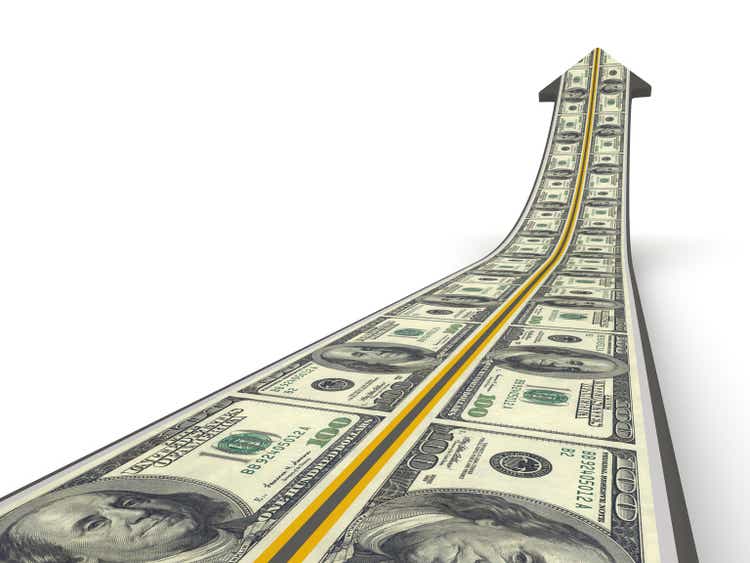
Adetola Adebayo, an Abuja-based mother of three, stared forlornly at her half-empty pantry. “Two years ago, I could feed my family comfortably with N6,000 daily. Right now, the same amount of money buys only one-third of what we need.
” She told BusinessDay that her husband’s salary as an insurance marketer has remained stagnant, while food prices have skyrocketed due to a com and fuel inflation. For Halima Abubakar who lives in Ojo, Lagos, meals have become smaller and less frequent. “My family used to have three meals a day,” said Abubakar, a small-scale trader.

“Now, it’s two, and sometimes just one.” Her income from selling tomatoes has dwindled as customers prioritise essentials, and transportation costs eat into her profits. The year, 2024, was marked by unprecedented economic hardships for families in Nigeria, driven largely by soaring fuel and food prices.
Fuel prices surged following the government’s removal of subsidies in 2023, with petrol prices climbing by over 77.2 percent within a year. As of October 2024, the average cost of petrol per liter stood at N1,184.
83/litre, compared to N668.3/litre in January 2024, according to data from the Nigerian Bureau of Statistics (NBS). The ripple effects were felt across various sectors, especially transportation and logistics, which passed the increased costs to consumers.
Public transportation fares tripled. For instance, the typical average cost of a bus fare within the city in October 2024 was around N908.15, representing a slight increase from the previous month, NBS said.
For intercity bus travel, the average fare in October 2024 was approximately N7,187.62, placing an immense burden on daily commuters. “Transportation cost to work doubled.
The first time I had to pay N2000 for transport to go to work, I almost cried because my salary did not increase. Also, with regard to food costs, I spent more than usual and this is a general problem,” Adebimpe Alegunleye, a Lagos-based operations associate in a manufacturing firm, said. Chinonso Uwaje, a business development officer in a Lagos-based investment firm, said: “I used to spend about 30 percent of my salary on feeding but with the increasing price of foodstuffs, I had to increase that to about 50 percent of my salary.
“Transportation has also been affecting my work productivity this year because, at times, I had to reduce the number of times I worked physically and then opted to work from home which, to me, was not very effective. As part of the old generation, I prefer working in the office as opposed to working from home,” Uwaje said. Read also: Tinubu pledges to boost food, drug production in 2025 Food prices rising Food inflation in Nigeria stood at 39.
93 percent in November 2024, a sharp increase from 32.84 percent in November 2023. Staples such as rice, beans, and garri have become luxuries for many families.
A 50kg bag of rice, the main ingredient for making jollof, jumped 8 percent in December to N75,000 ($48.5) from the previous month, according to a market survey by a consultancy firm, SBM Intelligence, which publishes the Jollof Index. The latest ‘Cost of Healthy Diet’ report, produced by the NBS and the Global Alliance for Improved Nutrition, disclosed that the national average cost of a healthy diet rose to N1,371 per day in October 2024 from N703 per day in the same period of last year.
It said, “Food groups that have driven the increases in CoHD the most are vegetables, legumes, nuts and seeds, and starchy staples. However, vegetables saw a decline in price by 2.3 percent monthly.
” For business owners like Funmi Adeoye, who sells rice wholesale, the fluctuating exchange rate has made planning nearly impossible. “Prices change weekly,” she said. “Customers think we’re greedy, but we’re just trying to survive.
” Why food, fuel prices jumped Nigeria’s worsening food crisis is mainly driven by naira devaluation, insecurity, and soaring inflationary pressures, a report by Afreximbank said. According to the report entitled, ‘Food Imports and Food Security in Africa: Addressing the Challenges,’ the country’s debilitating food crisis is due to the steady fall of the naira against the dollar in the Nigerian Autonomous Foreign Exchange Market and stagnant food production caused by the rising insurgency. The naira has lost 70 percent of its value since 2023 when the country floated its currency.
Also, according to the National Bureau of Statistics (NBS), Nigeria’s food inflation has pushed many people into malnourishment. “In Nigeria, the ongoing insurgency and terrorism in the northeastern region have led to the displacement of millions of people and severely disrupted agricultural practices, intensifying the issue of food insecurity,” Afreximbank noted. Wages can’t match costs However, while the cost of living has spiraled, the revised N30,000 to N70,000 minimum wage can’t match soaring food prices in Nigeria.
According to Joel Babatope, his family of six would manage to eat a N10,000 worth tuber of yam as a meal, “What is happening in Nigeria is unimaginable because my wife likes to eat yam and she recently bought a small tuber of old yam for N4,800. Half of that yam was spoiled and, in the end, it was only my wife who ate the remaining,” he said..















